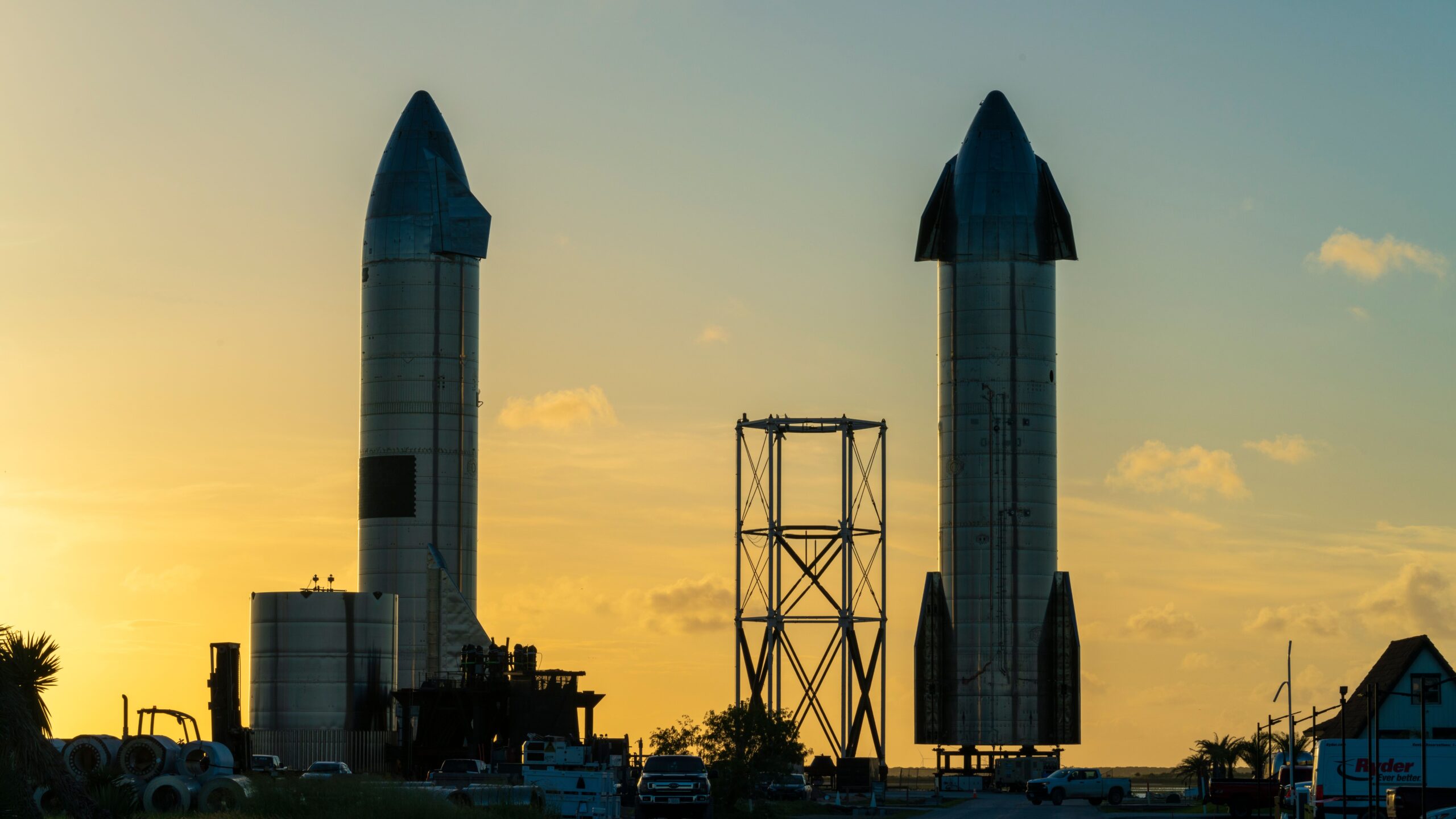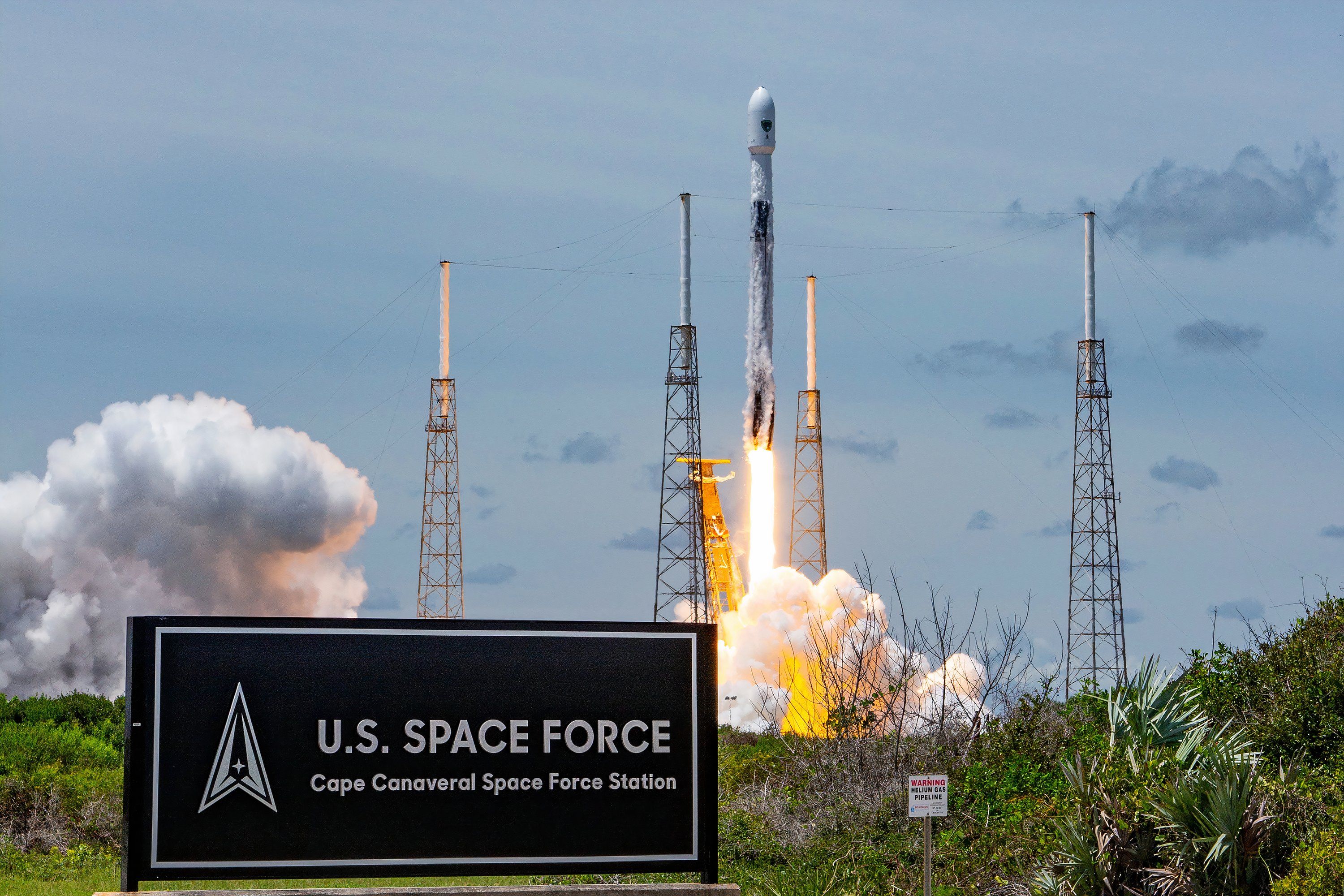Summary
- Space Force is exploring ways to protect GPS constellation against jamming, cyberattacks, and adversary interference.
- Resilient GPS is one such program but faces pushback from lawmakers.
- The US is investing in GPS III satellites, and also has a new missile defense satellite network in development.
The United States Space Force (USSF) is analyzing different approaches to enhancing the Global Positioning System (GPS) constellation, including protecting it from adversary attacks. One of Space Force’s possible solutions is to launch several smaller satellites into orbit – an initiative called ‘Resilient GPS’ – although lawmakers have voiced concerns over its potential effectiveness.
Space Force efforts to bolster GPS
With jamming and cyberattacks becoming an increasingly critical part of military operations, the US is eager to protect its satellite capabilities from enemy interference. As reported by Air & Space Forces magazine, Vice Chief of Space Operations Gen. Michael A. Guetlein said at a defense conference last week,
“There is an enormous amount of attention from the White House on position, navigation and timing (PNT) and how to shore up those signals, looking at alternative capabilities. Is there another way we could be doing this, that’s more resilient, more survival against the threat? I would say we could be doing more in this area.”
Resilient GPS was marked as one of two programs to be given ‘Quick Start’ status. This initiative was introduced as part of the 2024 National Defense Authorization Act and allows new programs to begin early research and development without needing full congressional budgetary approval. Air Force Secretary Frank Kendall said the initiative has enabled the first projects to get underway in less than four months, cutting out bureaucratic delays that can slow down the development of emerging technologies.
Photo: USSF
However, in June, the House Appropriations Subcommittee on Defense refused a budget realignment request for Resilient GPS, citing multiple uncertainties with the initiative, including whether more satellites using the same frequency would be effective against jamming attacks. Space Force’s Space Enterprise Consortium (SpEC) has now opened a request for proposals (RFP) and intends to choose five prototypes for additional development.
The fallout from a mass GPS blackout would wreak havoc on the US, not just militarily but also economically. According to Guetlein, an outage of just 15 minutes would cost the US economy $1 billion, and the impact on its military capabilities would also be significant.
GPS III budget cuts
Space Force is in the process of investing in GPS III, the next generation of GPS satellites. These satellites will offer several significant improvements over current tech, including more resistance to jamming, three times better accuracy, and improved compatibility with other global navigation satellite systems (GNSS).
Space Force is also developing a new missile defense satellite network as part of its Missile Track Custody (MTC) program. This will entail establishing a constellation of satellites in Medium Earth Orbit (MEO), with the first launch scheduled for the end of 2026. Last month, Space Force issued an RFP for 18 satellites worth up to $6 billion, adding to the nine satellites already ordered.


